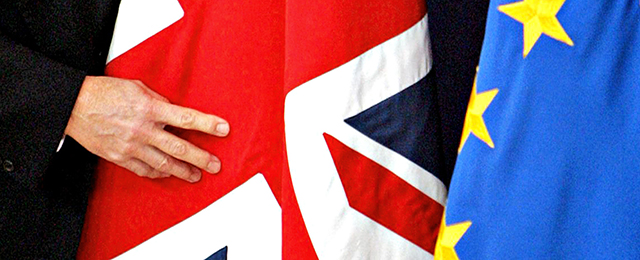This article was originally published on Fair Observer.
The EU does not exist on the basis of coercion. It exists on the basis of common rules or treaties that EU members have so far freely abided by, even when particular decisions were not to their liking. If countries started systematically ignoring EU decisions, the union would soon disappear.
One particularly important set of EU rules are the ones that apply to budget deficits and debts of EU countries within the eurozone. These rules have been incorporated in EU treaties and in treaties between euro area states. One provision is that if a country has an excessive deficit, it must reduce that by an amount equivalent to 0.5% of gross domestic product (GDP) each year until it reaches a deficit below 3%.
France and Italy, big states that were founding members of the EU, have both produced budgets for 2015 that do not comply with the rules. Initially, the European Commission objected, so both countries adjusted their budgets a little. But even after these revisions, the budgets are still in breach of EU rules. Some will argue it’s the rules that are at fault, not France and Italy. Inflation is negative, so debts increase in value while prices fall.
Countries are caught in a debt deflation trap of a kind that was not envisaged when the rules were drawn up. But that is an argument for changing the rules, not an argument for ignoring them or pretending they have been complied with, when they haven’t.
But changing the rules would require EU treaty change, and nobody wants to change the treaties, because such a move would have to be unanimously agreed upon by all 28 EU states. Other EU members fear that would be an opportunity for Britain to use the lever of blocking a treaty change to revise the fiscal rules — with which it might otherwise agree — simply as a means of getting a concession of British demands for: a restriction of free movement of people within the EU; vetoes for a minority of national parliaments on EU legislation; and the scrapping of the “ever closer union” within the EU.
This is a form of blackmail, but it has happened before in EU affairs. But if the EU is unable to change its treaties — because of blockages like this — the union will eventually die. Necessary EU treaty changes cannot be dodged indefinitely. The EU will atrophy if it cannot change its treaties, in the same way that states would wither if they couldn’t change their constitutions from time to time.
In a recent commentary, Daniel Gros, of the Centre for European Policy Studies, criticized the European Commission of Jean Claude Juncker for failing to either insist that France and Italy stick by the existing fiscal rules or, if not, call for a revision of the rules to take account of the exceptional deflationary conditions that exist.
He is right.
The views expressed in this article are the author’s own and do not necessarily reflect Fair Observer’s editorial policy.
This article was originally published on Fair Observer.






Be the first to comment on "The EU is a union of rules, not a union of force"